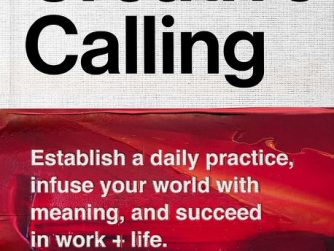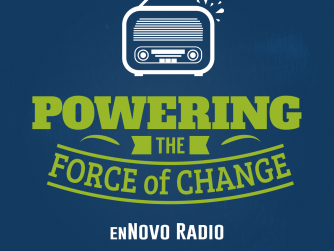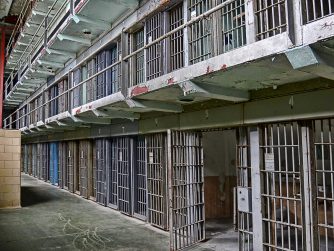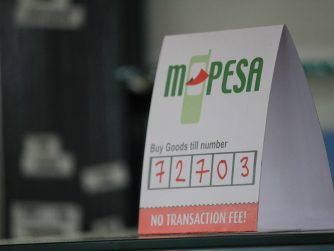
I want to return to the MIROR concept, specifically the Organic aspect of the framework. I have been reading Carl Raschke’s GloboChrist: The Great Commission Takes a Postmodern Turn (The Church and Postmodern Culture) and he makes several very interesting statements which I want to simply touch on for now:
Westerners cling to the outmoded modernist assumption that Christianity is basically the same, or should be the same, everywhere in the world; it is easy for us to miss what exactly is the latest third-millennium installment of worldwide efforts to fulfill the Great Commission. Because the Western Christianity we know has for years been slowly dying, or at least sputtering, we are wont to suppose that the faith as a whole is in its terminal stages. (42)
Christianity, however, is growing. In fact, there is a rapid expansion of Christianity in areas outside of the West.
Global, postmodern Christianity has three characteristics: decentralization, de-institutionalization, and indigenization. Indigenization is the process where “universal concepts are intelligible only if they are understood in light of specific circumstances. “(39) In fact, one philosopher insists that “the basic notion of universally valid ¢â‚¬Ëœscientific’ concepts, as ensconced in Greek philosophy and so ingrained in the thought habits of the modern West, distorts underlying laws of language and meaning by which people actually communicate and agree with one another.” Meaning is only located in the singularity of the event. In other words, meaning is only locally determined.
Lamin Sanneh, in his book, Whose Religion Is Christianity?: The Gospel beyond the West, discusses the explosion in Africa. He notes that in Africa, “Christian expansion was virtually limited to those societies whose people had preserved the indigenous name for God. That was a surprising discovery, because of the general feeling that Christianity was incompatible with indigenous ideas of religion.” (18)
Rascke notes that “indigenization in Africa has followed the pattern of Catholicism in the ancient Mediterranean and in the northern Europe of the Middle Ages. Local ¢â‚¬Ëœpagan’ forms of worship and religious discourse are also transformed into expressions consonant with the gospel itself.” (43)
From the beginning of my studies with Len Sweet, he noted to us that Christianity would take various forms in various cultures. There would be the transformation of religious practices and language. In fact the practice might continue, but would be transformed by the Gospel. Christianity should look different in different cultures. It should not look like Western Christianity. And Allah, for the Christian God, is a valid use of the term.
I’ll return to this later and talk about the dynamic core that Raschke discusses. Also, Todd Littleton and I are preparing to do a vodcast about the book soon, so be looking for that.






